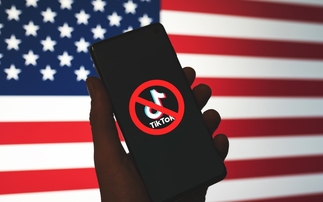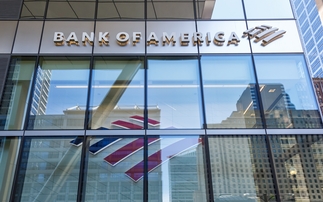A Westminster e-forum yesterday revisited concerns around cost and responsibility for implementing the controversial act
Ongoing issues around the implementation of the controversial Digital Economy Act (DEA), passed in June 2010, were discussed at a Westminster e-forum keynote seminar yesterday. The DEA was creat...
To continue reading this article...
Join Computing
- Unlimited access to real-time news, analysis and opinion from the technology industry
- Receive important and breaking news in our daily newsletter
- Be the first to hear about our events and awards programmes
- Join live member only interviews with IT leaders at the ‘IT Lounge’; your chance to ask your burning tech questions and have them answered
- Access to the Computing Delta hub providing market intelligence and research
- Receive our members-only newsletter with exclusive opinion pieces from senior IT Leaders



















